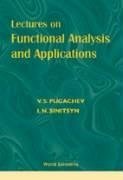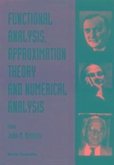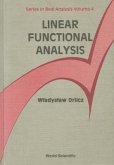The inverse problem of the calculus of variations was first studied by Helmholtz in 1887 and it is entirely solved for the differential operators, but only a few results are known in the more general case of differential equations. This book looks at second-order differential equations and asks if they can be written as Euler-Lagrangian equations. If the equations are quadratic, the problem reduces to the characterization of the connections which are Levi-Civita for some Riemann metric. To solve the inverse problem, the authors use the formal integrability theory of overdetermined partial differential systems in the Spencer-Quillen-Goldschmidt version. The main theorems of the book furnish a complete illustration of these techniques because all possible situations appear: involutivity, 2-acyclicity, prolongation, computation of Spencer cohomology, computation of the torsion, etc.
Bitte wählen Sie Ihr Anliegen aus.
Rechnungen
Retourenschein anfordern
Bestellstatus
Storno








